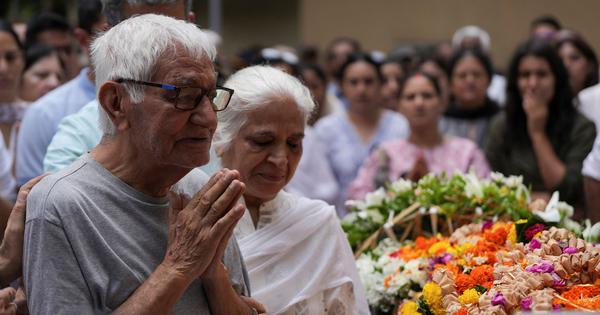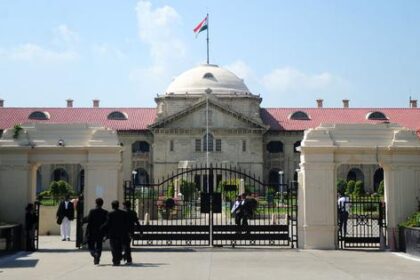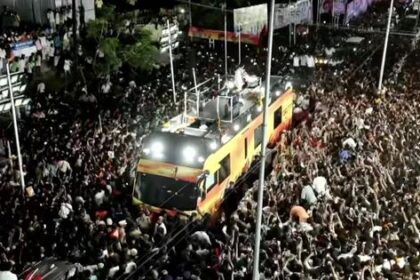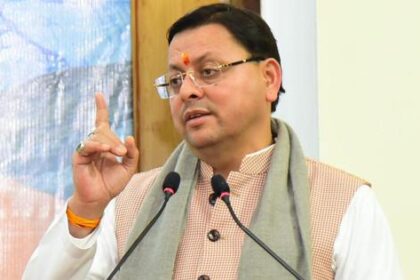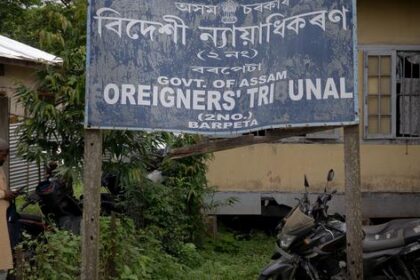Pushkaraj Sabharwal calls for independent probe into Air India plane crash investigation flaws
The father of Captain Sumeet Sabharwal, who was the pilot-in-command during the Air India crash that resulted in the deaths of 275 individuals on June 12, has approached the Supreme Court. Pushkaraj Sabharwal, aged 91, submitted a writ petition on October 10, seeking a court-monitored judicial inquiry into the tragic incident. The petition was filed in collaboration with the Federation of Indian Pilots, as reported by Bar and Bench.
In the petition, the request is made for the establishment of an independent investigative committee led by a retired Supreme Court judge, supplemented by aviation and technical experts. The petitioners argue that the ongoing investigation conducted by the Aircraft Accident Investigation Bureau, along with the Directorate General of Civil Aviation, is fundamentally flawed. They describe it as “defective, biased, and technically unsound.”
One of the primary points raised in the petition is the preliminary report released on July 12. The petitioners assert that instead of conducting a thorough technical investigation, the report disproportionately targeted the deceased pilots, who are unable to defend themselves. It is claimed that the investigation neglected potential evidence indicating electrical, software, or design-level failures.
Moreover, the petition emphasizes that the five-member probe team primarily consists of officials from the Directorate General of Civil Aviation and state aviation authorities, whose oversight procedures have come under scrutiny. This raises concerns about the integrity of the investigation, as they are essentially adjudicating their own actions, which contradicts the fundamental principle of natural justice, known as nemo judex in causa sua.
The presence of representatives from Boeing and General Electric in the investigation process is also highlighted, as it is believed to compromise the impartiality and reliability of the findings. The petition further contests the assertion that the pilots mistakenly shut down both engines during take-off by switching the fuel controls from “run” to “cut off.” The petition argues that such simultaneous actions under high-pressure circumstances are unlikely, suggesting instead the possibility of an automatic or corrupted digital command.
Another serious allegation included in the petition is a breach of confidentiality, specifically regarding the alleged leak of cockpit voice recordings to The Wall Street Journal before the official findings were released. This breach is said to have fueled a damaging media campaign that tarnished Sumeet Sabharwal’s posthumous reputation.
The preliminary report by the Aircraft Accident Investigation Bureau indicates that shortly after take-off, the fuel control switches shifted from “run” to “cut off” within a second of each other, resulting in both engines shutting down. The report notes that one pilot was heard questioning the other about shutting down the fuel, to which the response was that it was not done intentionally. After a brief interval, the switches were returned to the “run” position, an action seemingly aimed at restoring engine thrust. Despite one engine regaining thrust, the other remained unresponsive.
The Boeing 787-8 Dreamliner was en route to Gatwick Airport in London from Ahmedabad when it crashed just 33 seconds after take-off, carrying 242 individuals. Only one passenger survived, sustaining impact injuries, while 34 others lost their lives on the ground due to the aircraft crashing into a hostel building of the BJ Medical College and Hospital in Ahmedabad.

